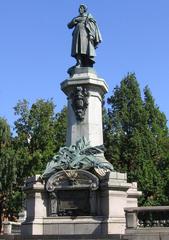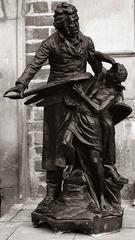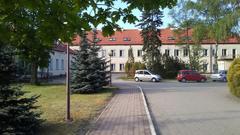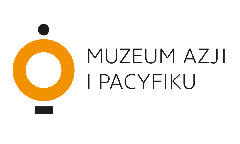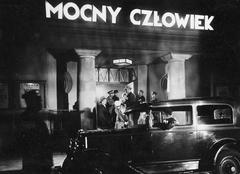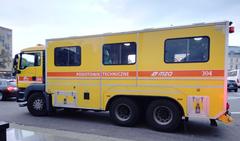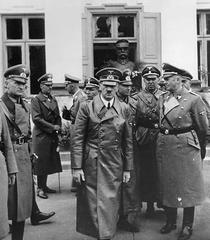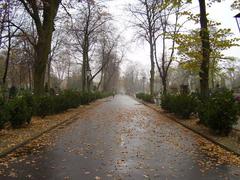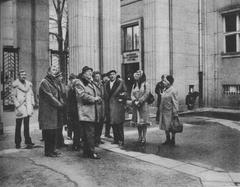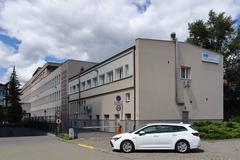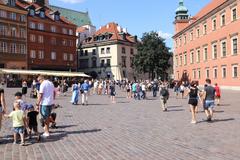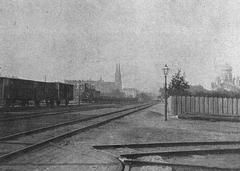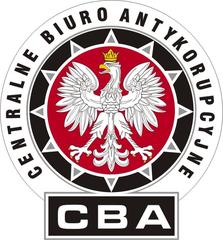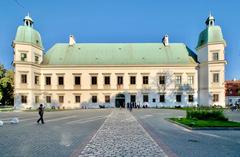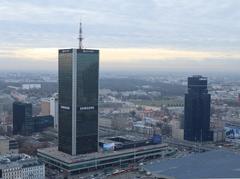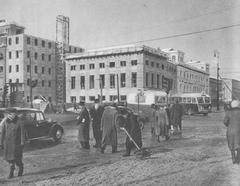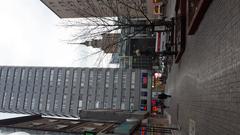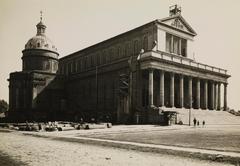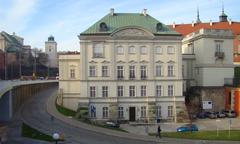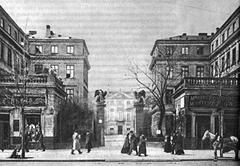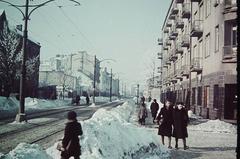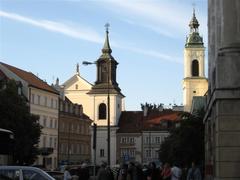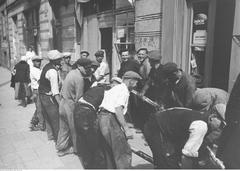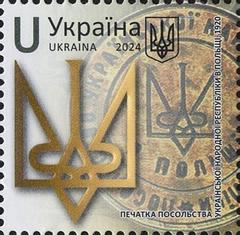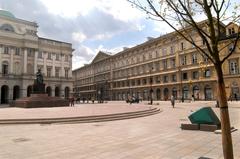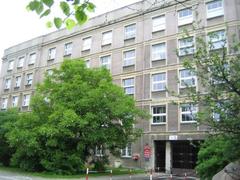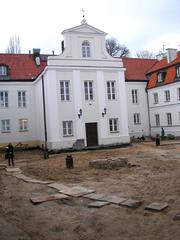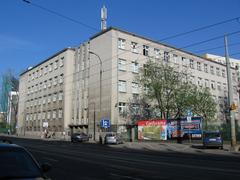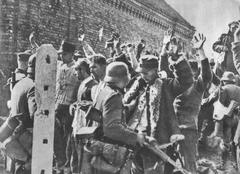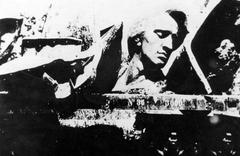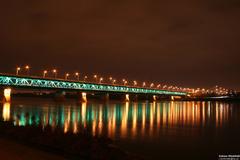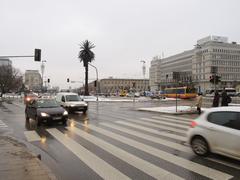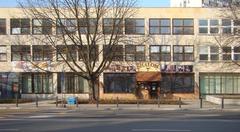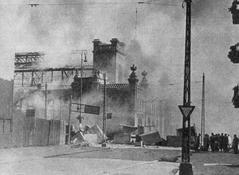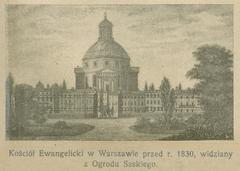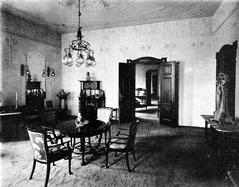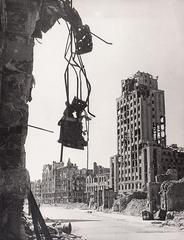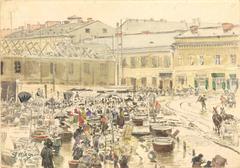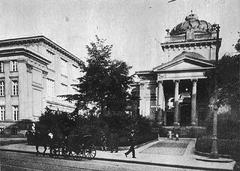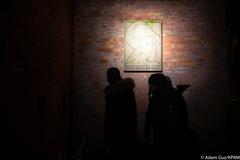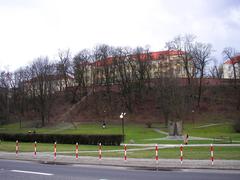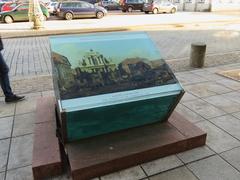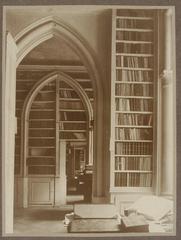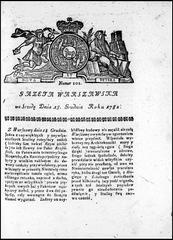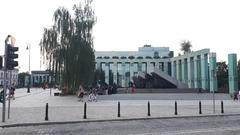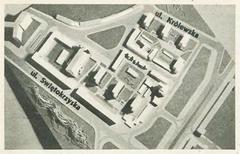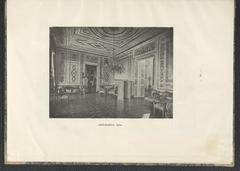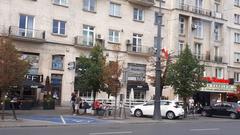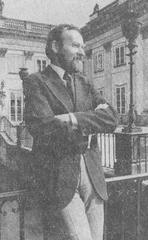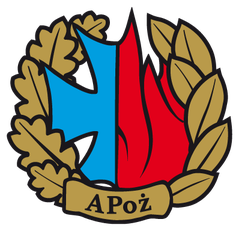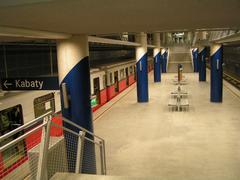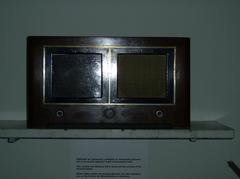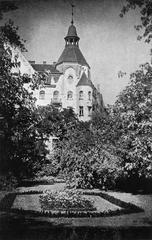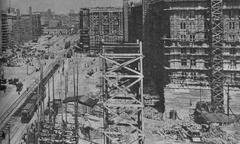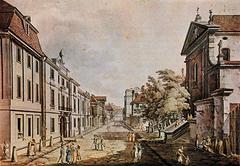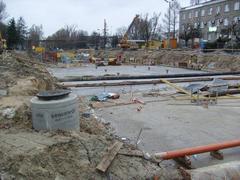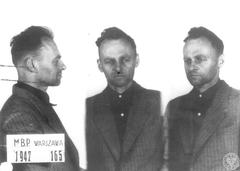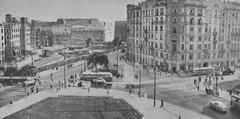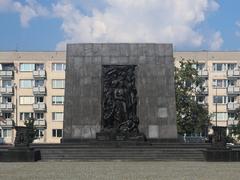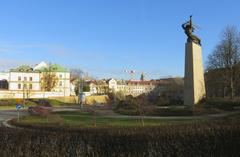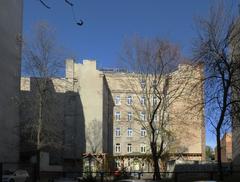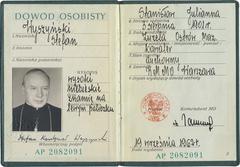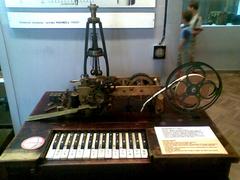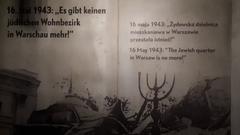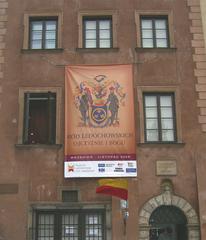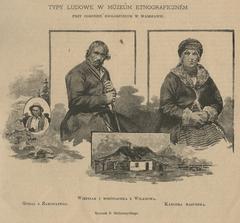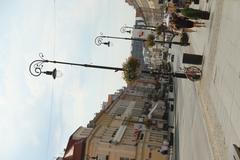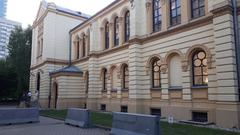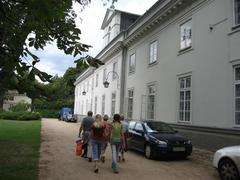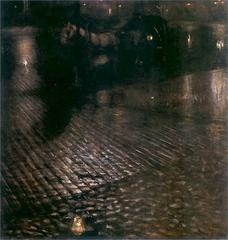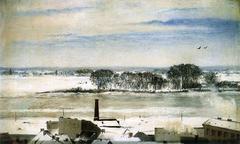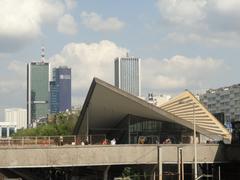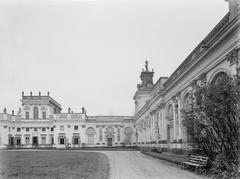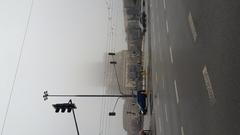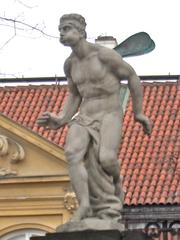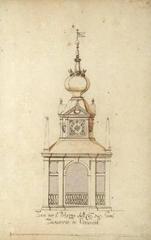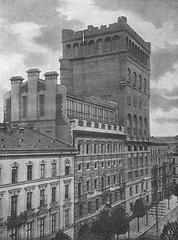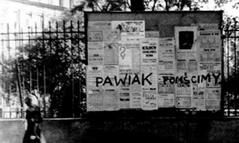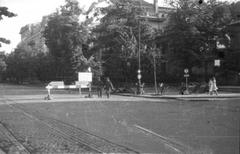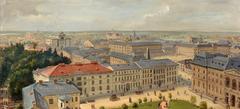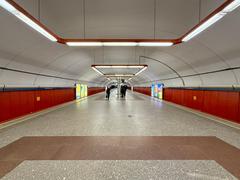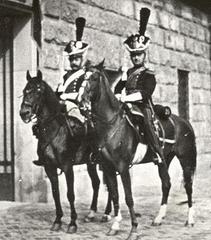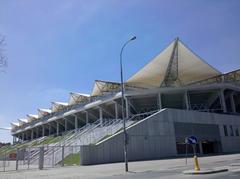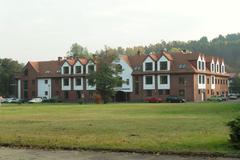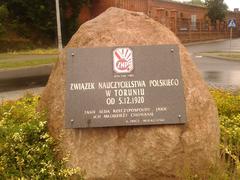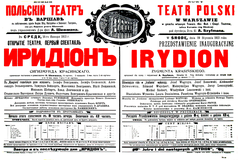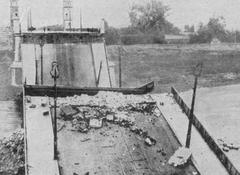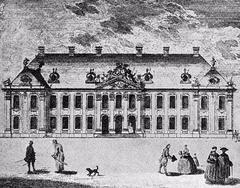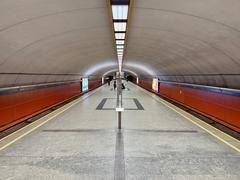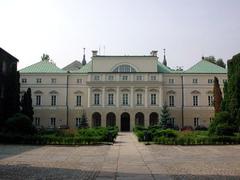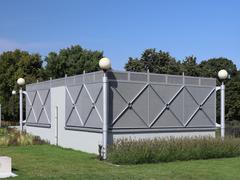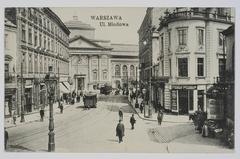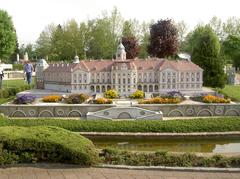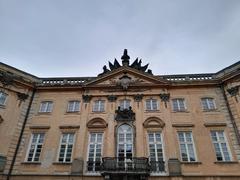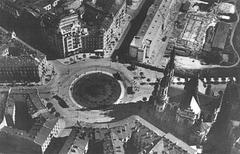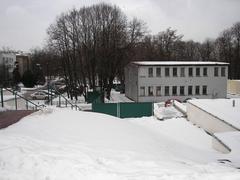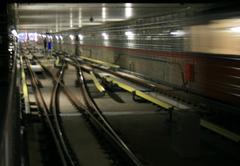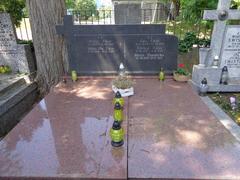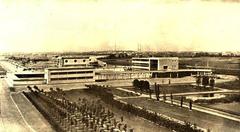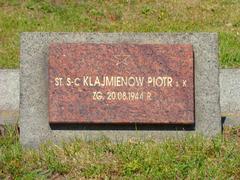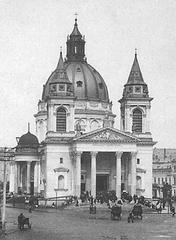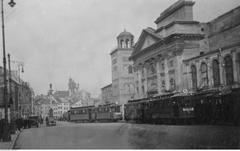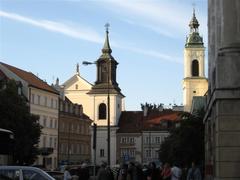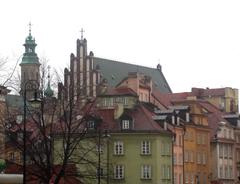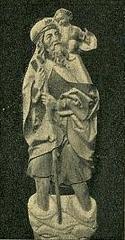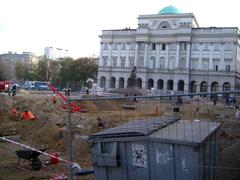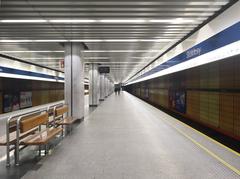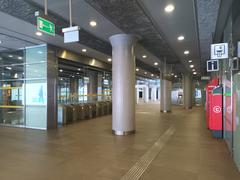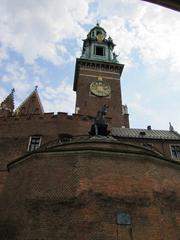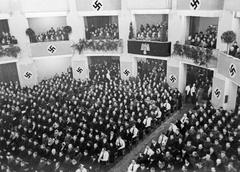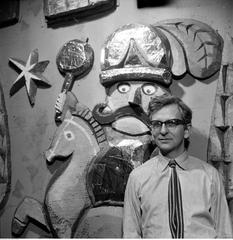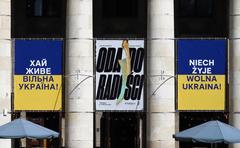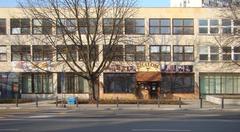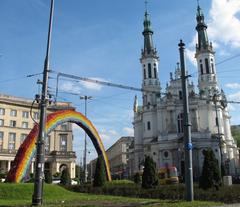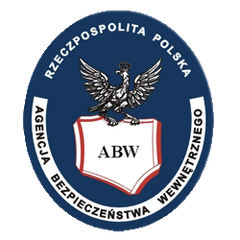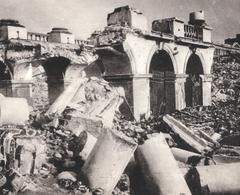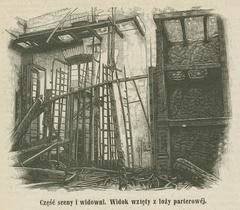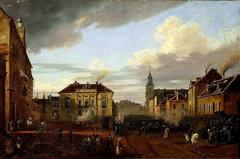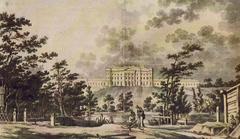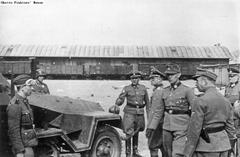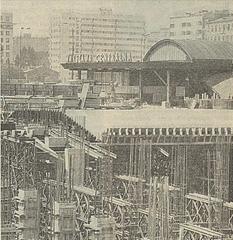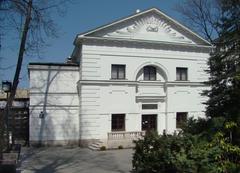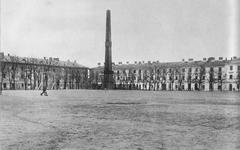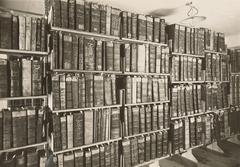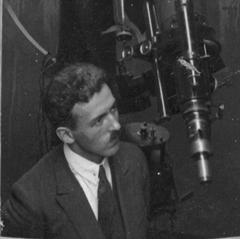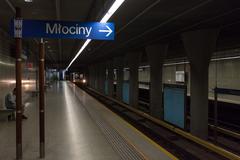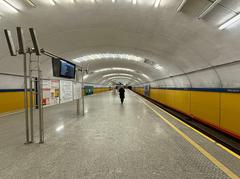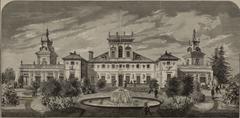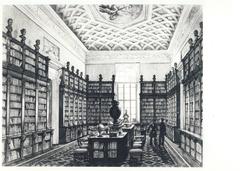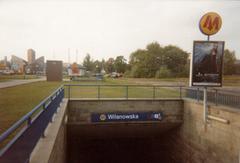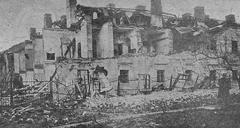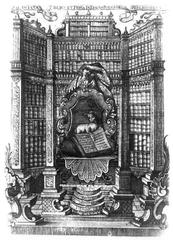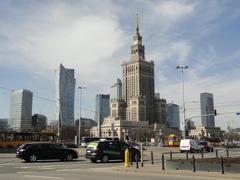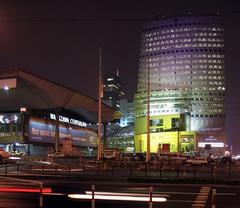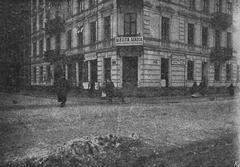
Institute of National Remembrance Warsaw: Visiting Hours, Tickets, and Comprehensive Guide
Date: 03/07/2025
Introduction: Understanding the Institute of National Remembrance (IPN) in Warsaw
Located at the crossroads of Warsaw’s rich history, the Institute of National Remembrance (Instytut Pamięci Narodowej, IPN) is a central institution for those seeking to understand Poland’s tumultuous 20th century. Established in 1998 by the Polish parliament, the IPN is tasked with researching, documenting, and prosecuting crimes committed against the Polish nation during Nazi and communist occupations from 1917 to 1990. With over 91 kilometers of archives and a dynamic program of exhibitions and educational initiatives, the IPN stands not just as a repository of the past, but as a living memorial and educational hub for all visitors (IPN Mission; IPN Official Website; Digital Heroes Project).
Whether you are a researcher, a genealogist, a history enthusiast, or a tourist, the IPN provides unparalleled resources and immersive experiences through innovative exhibitions, interactive digital projects, and commemorative events.
Table of Contents
- Introduction and Significance of the IPN
- Historical Background and Mission
- Key Functions and Organizational Structure
- Visitor Information
- Exhibitions and Educational Programs
- International Cooperation and Research Access
- Frequently Asked Questions (FAQ)
- Planning Your Visit: Tips and Nearby Attractions
- Conclusion and Next Steps
- References
Historical Background and Mission
Founded in response to the need for confronting and understanding Poland’s complex recent history, the IPN began its statutory work in 2000. Its full name—Institute of National Remembrance – Commission for the Prosecution of Crimes against the Polish Nation—reflects its dual mission: investigating crimes against the Polish nation and educating the public about Poland’s modern history. The institute is inspired by similar entities, such as Germany’s Stasi Records Agency, but is uniquely tailored to Poland’s historical context (Academia.edu).
Key Functions and Structure
The IPN operates through several specialized offices:
- Research and Documentation: Investigates Nazi and communist crimes, with a focus on 1939–1990.
- Archival Preservation: Houses over 91 kilometers of files, including secret police and occupation records (IPN Archive).
- Education and Public Engagement: Offers exhibitions, lectures, workshops, and educational materials.
- Prosecution: Pursues legal action against perpetrators of crimes against the Polish nation.
These functions are carried out by offices including the Archive, Historical Research Office, National Education Office, Chief Commission for Prosecution, and more.
Visitor Information
Locations and How to Get There
- IPN Headquarters: Ulica Janusza Kurtyki 1, Warsaw
- Central History Point (President Lech Kaczyński Central History Station): 107 Marszałkowska Street, central Warsaw
Both locations are easily accessible by public transport, including buses, trams, and the nearby Politechnika metro station. Parking is limited, so public transit is recommended.
Visiting Hours
- IPN Headquarters: Monday to Friday, 9:00 AM – 5:00 PM
- Central History Point: Tuesday to Sunday, 10:00 AM – 6:00 PM; closed Mondays and public holidays
Always confirm current hours on the official IPN website.
Tickets and Admission
- Admission to most exhibitions, including the Central History Point and digital installations, is free.
- Special exhibitions and some events may require advance registration or a nominal fee (IPN Visitor Information page).
Accessibility
- All public areas are wheelchair accessible, with ramps, elevators, and accessible restrooms.
- Visitors needing special assistance should contact staff in advance.
Guided Tours
- Guided tours in Polish and English are available for individuals and groups.
- Advance booking is recommended, especially for educational groups.
Exhibitions and Educational Programs
Permanent and Temporary Exhibitions
The IPN curates a range of exhibitions addressing key themes in Polish history:
- World War II and the Holocaust: Exhibitions detail the German occupation, Holocaust, and personal stories of Polish citizens, with commemorative events such as the National Remembrance Day for Victims of German Nazi Concentration and Extermination Camps (IPN Facebook).
- Soviet Repression: Displays explore Soviet occupation, the Katyn Massacre, and Stalinist terror.
- Resistance and Solidarity: Focused on movements like the Home Army and Solidarity, highlighting artifacts, documents, and personal testimonies.
Temporary and traveling exhibitions, such as “Reich Military Court 1936-1945” and “Trails of Hope. The Odyssey of Freedom,” broaden the scope and international impact of the IPN’s work (IPN News).
Digital and Outdoor Installations
- Digital Heroes Project: This augmented reality experience at the Central History Point allows visitors to interact with AI-powered avatars of historical figures (Digital Heroes Project).
- Outdoor Exhibitions: Large-format panels and multimedia installations bring history into public spaces (IPN News).
Educational Initiatives
- Workshops and Lectures: Interactive programs for schools, families, and adults cover WWII, the Holocaust, and postwar history.
- Academic Events: Regular conferences and public debates on topics such as Stalinism and memory politics (IPN News).
- Youth Engagement: National competitions, school visits, and gamified digital projects engage younger audiences (Digital Heroes Project).
International Cooperation and Research Access
The IPN is active in international networks, sharing exhibitions and research with institutions across Europe and beyond. Its extensive digitized archives are invaluable for genealogists and scholars (Polish Genealogist).
Researchers can access the archives by appointment; many resources are available online (primarily in Polish) via the IPN’s official website.
Frequently Asked Questions (FAQ)
Q: Are tickets required for entry?
A: Admission to most exhibitions is free; some special events require advance registration.
Q: What are the visiting hours?
A: Headquarters: Monday–Friday, 9:00 AM–5:00 PM; Central History Point: Tuesday–Sunday, 10:00 AM–6:00 PM.
Q: Is the IPN accessible for visitors with disabilities?
A: Yes, all public areas are wheelchair accessible.
Q: Are guided tours available in English?
A: Yes, English-language tours are offered by prior arrangement.
Q: Can I access the archives for research?
A: Researchers can book appointments; many documents are digitized online.
Planning Your Visit: Tips and Nearby Attractions
- Combine Your Visit: The IPN is close to other key sites such as the Warsaw Uprising Museum, POLIN Museum of the History of Polish Jews, and the Royal Castle.
- Allocate Time: Plan at least 2 hours to explore exhibitions and interactive features.
- Photography: Allowed without flash in most areas; check for specific restrictions.
- Visitor Amenities: Facilities include a café, shop, free Wi-Fi, and rest areas.
- Stay Informed: Check the IPN news page for current exhibitions and events.
For additional planning, download the Audiala app for a self-guided audio experience, and follow the IPN on social media for updates.
Conclusion and Next Steps
The Institute of National Remembrance is more than a museum—it is a vibrant center for learning, reflection, and commemoration. Through its extensive exhibitions, innovative digital projects, and robust educational programming, the IPN invites visitors to engage deeply with Poland’s recent history. Whether you are pursuing research, family history, or a meaningful cultural experience, the IPN is a must-visit destination in Warsaw.
For the latest updates on exhibitions, events, and visitor services, visit the IPN Official Website and explore related guides to Warsaw’s historical and cultural heritage.
References and Further Reading
- IPN Mission
- IPN Official Website
- IPN Central History Point Visitor Information
- Digital Heroes Project
- IPN News
- Polish Genealogist






